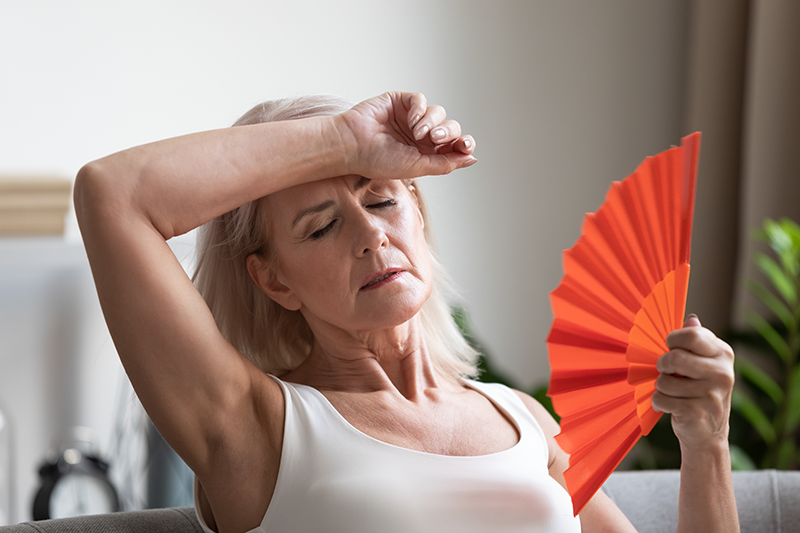
Heat exhaustion is what happens. Heavy sweating and a fast heartbeat are two signs, and heat exhaustion is just one of the three illnesses that heat can cause. The other two are heat cramps and heatstroke.
Being in hot conditions, especially when there is a lot of humidity, and performing a lot of strenuous physical labor can result in heat illness. Without quick care, heat exhaustion can turn into heatstroke, which is very dangerous and can kill you. Luckily, heat fatigue can be avoided.
Heat exhaustion happens when the body gets too hot from being in hot weather for a long time without drinking enough water. If you don’t treat it right away, it can get worse and turn into heatstroke. This is what happens during heat stress and how to avoid it:
Symptoms of Heat Exhaustion
- Heavy sweating
- Rapid pulse
- Weakness or fatigue
- Dizziness or lightheadedness
- Nausea or vomiting
- Headache
- Muscle cramps
- Cool, moist skin
- Elevated body temperature (up to 104°F or 40°C)
- Fainting or loss of consciousness (in severe cases)
Causes of Heat Exhaustion
- Exposure to high temperatures: Being in hot and humid environments, especially during physical activity, can increase the risk of heat exhaustion.
- Inadequate hydration: Not drinking enough fluids, particularly water, can lead to dehydration and exacerbate heat-related illnesses.
- Excessive sweating: Profuse sweating without adequate fluid and electrolyte replacement can disrupt the body’s ability to regulate temperature and maintain fluid balance.
Prevention of Heat Exhaustion
- Stay hydrated: Drink plenty of fluids, particularly water, before, during, and after outdoor activities, even if you don’t feel thirsty. Avoid alcohol and caffeinated beverages, as they can contribute to dehydration.
- Dress appropriately: Wear lightweight, loose-fitting, and light-colored clothing in hot weather to help regulate body temperature and facilitate sweat evaporation.
- Take breaks: Limit outdoor activities during the hottest parts of the day (typically midday to late afternoon) and take frequent breaks in shaded or air-conditioned areas.
- Acclimatize: Gradually increase your exposure to hot weather over several days to allow your body to adapt to the heat.
- Use sunscreen: Apply sunscreen with a high SPF to protect your skin from sunburn, which can impair the body’s ability to dissipate heat.
- Avoid strenuous activity: Minimize physical exertion during extreme heat, especially if you’re not accustomed to exercising in hot conditions.
- Monitor the heat index: Pay attention to heat advisories and the heat index (a measure of how hot it feels when relative humidity is factored in) to gauge the risk of heat-related illnesses.
- Check on vulnerable individuals: Keep an eye on children, older adults, and individuals with chronic medical conditions who may be more susceptible to heat exhaustion.
- Know the signs: Educate yourself and others about the symptoms of heat exhaustion and heat stroke, and seek medical attention promptly if necessary.
You can protect yourself from heat exhaustion and be safe in hot weather by following these precautions. Get to a cooler place, relax, and drink water right away if you or someone you know is showing signs of heat exhaustion. People with serious illnesses may need to see a doctor.


